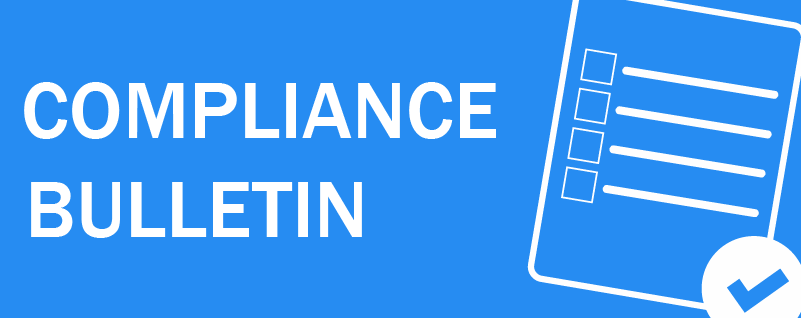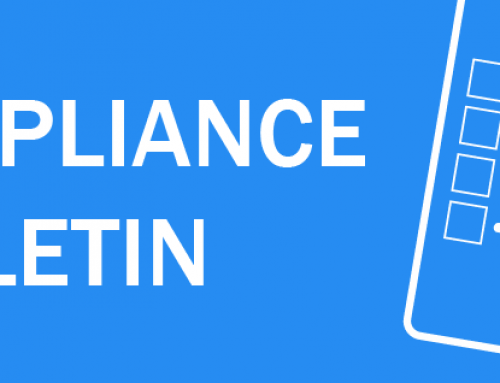The Paradise Papers…
You can’t have failed to have heard of this special investigation being carried out by 96 media outlets into the tax affairs of key individuals and notable businesses.
The gist of it appears to be that some important documents have been ‘leaked’ that show key public figures and notable household brands involved in some questionable accountancy practices that revolve around them finding new and inventive ways of not paying their taxes, or at least making use of schemes aimed at tax mitigation/avoidance/evasion.
Now, just to be clear, I am not going to enter into discussions about the legality of any tax schemes, but it has triggered a thought.
‘What are the obligations of advisers regarding clients who are suspected of evading tax?’
In the interest of clarity, in this article I am going to talk about tax evasion, or, to put it another way, ‘the illegal, non-payment or underpayment of tax. I’ll leave tax avoidance for another day!
Obligation
Did you realise that everyone, whether a large corporation, or an individual has the obligation to report anyone whom they believe to be evading the payment of tax, either in whole or in part?
As of 30th September, however, the Criminal Finances Act 2017 also introduced two new criminal offences; one that related to the evasion of paying UK taxes and one that related to the evasion of paying foreign taxes.
These new laws placed additional responsibility of firms to ensure that their staff did not become involved in the facilitating of tax evasion – predominantly this affects accountants, but it also catches advisers in the same net, so caution is required that suspicions are reported.
In addition, advisers also have obligations under the FCAs guidance on ‘Know your Customer’, Financial Crime and Bribery.
So why bring this up now?
The recent PRA changes have resulted in lenders asking for full details of customer’s BTL portfolios, including income received. In addition, most lenders expect you to have evidence of income in place, usually in the form of a self-assessment tax return. It doesn’t take a genius to see where the burden of disclosure is going to be placed.
Certainly, the recent PRA changes has resulted in an increased chance that you will observe tax avoidance.
Moral Dilemma
Nothing has changed really, there has always been the requirement to report suspicion of tax evasion and it remains today.
I am not going to sit as moral Judge and Jury as to what should and should not be reported, all I will say is that there is a website for the reporting suspicions of tax evasion and that you should all be familiar with it and your associated obligations; failure to report any suspicions is a criminal offence.
In addition, the lenders will expect you to report your suspicions to them, however, please be considerate of not ‘tipping off’ the client.
https://www.gov.uk/report-an-unregistered-trader-or-business
What can you do?
- Make use of sworn statements, signed by the customer, confirming the veracity of figures supplied via formal tax documents.
- Conduct risk assessments on your business so as to establish the likelihood of your clients being involved in tax evasion.
- Ensure there is a commitment in your business from the top down to report suspicions.
- Report any suspicions you have of tax evasion.
It turns out that the Paradise Papers were not quite what I was expecting… I was hoping for a little holiday inspiration, instead, I learned that even the future King has questions to answer!



